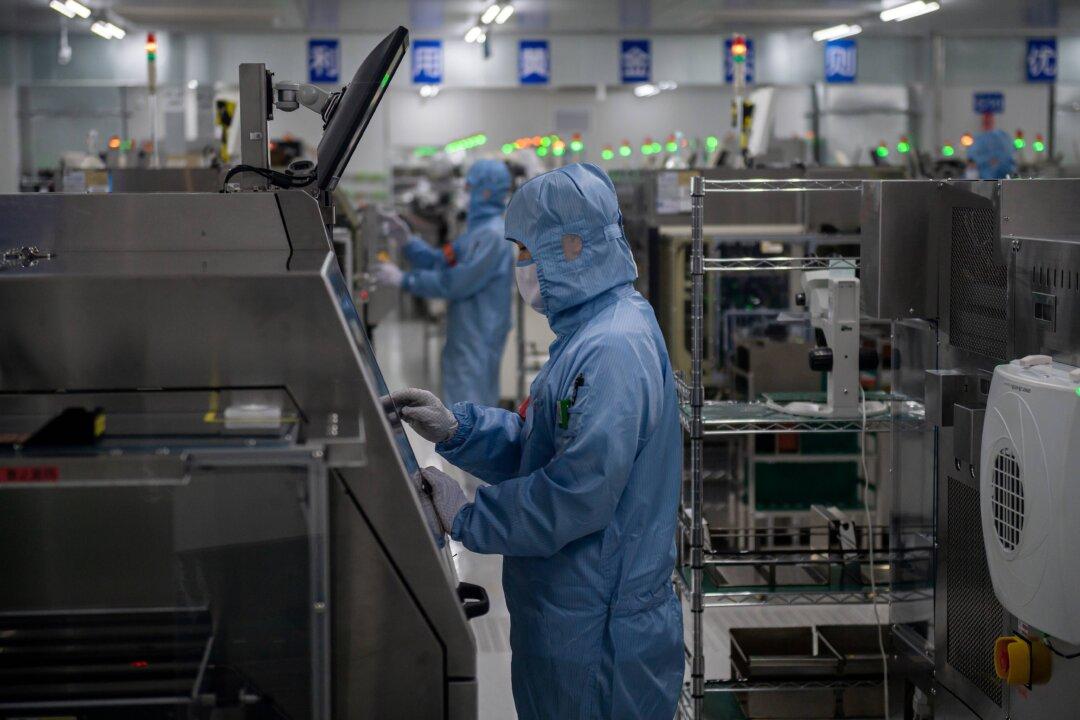The former head of the management company of China’s National Integrated Circuit Industry Investment Fund was placed under investigation after a string of Chinese chipmakers went broke.
According to a July 15 announcement by the Chinese Communist Party (CCP)’s Central Commission for Discipline Inspection, Lu Jun, the former deputy director of the Fund Management Department at China Development Bank (CDB), is being investigated for alleged “serious violations of discipline and law.”





